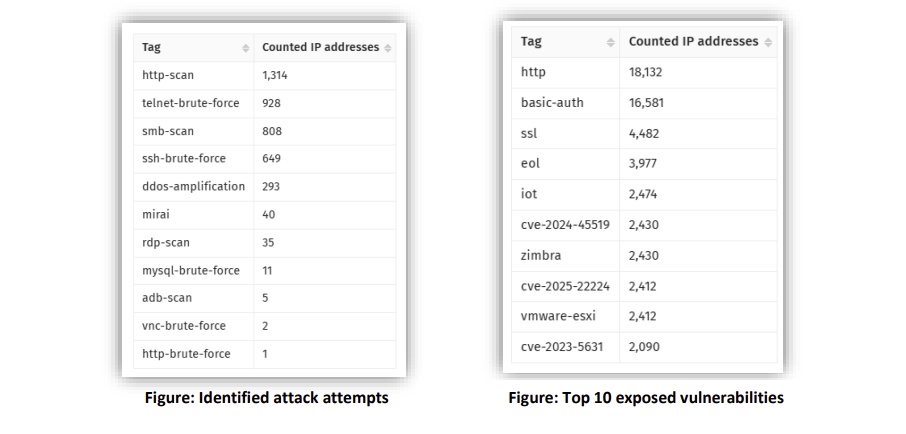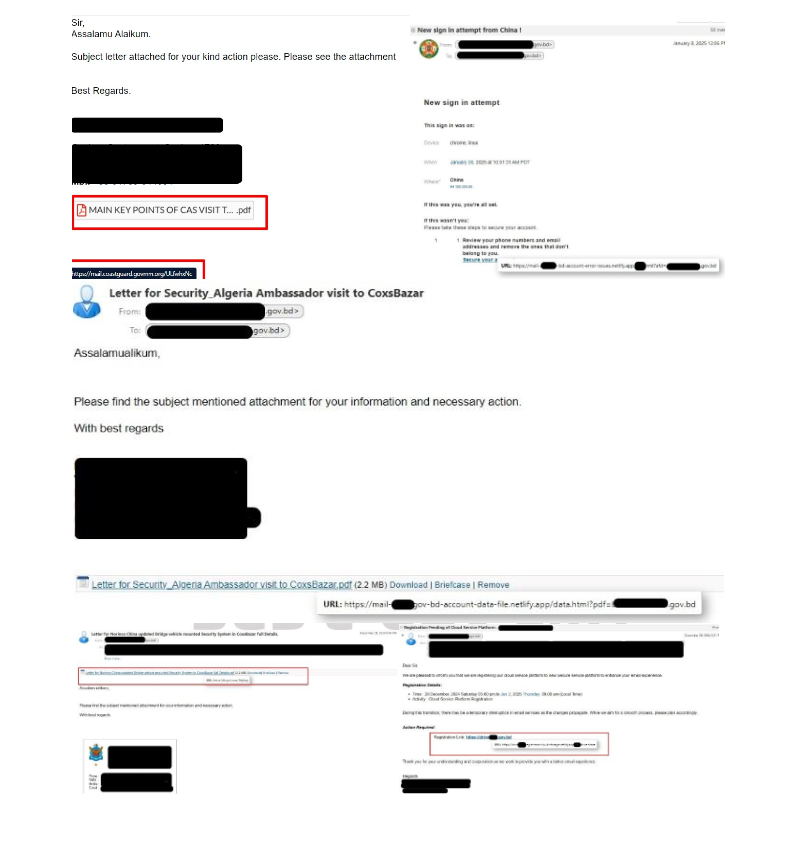Multiple Vulnerabilities in SolarWinds Orion and ServU-FTP Could Allow for Remote Code Execution
by CIRT Team
DESCRIPTION:
Multiple vulnerabilities have been discovered in SolarWinds Orion and
ServU-FTP, the most severe of which could allow for remote code execution.
* SolarWinds Orion provides centralized monitoring across an
organization’s entire IT stack.
* ServU-FTP is a multi-protocol file server capable of sending and
receiving files from other networked computers through various means.
Successful exploitation of the most severe of these vulnerabilities
could result in remote code execution that allows complete control of
the underlying Windows operating system. Depending on the privileges
associated with the application, an attacker could install programs;
view, change, or delete data; or create new accounts with full user
rights. Users whose accounts are configured to have fewer user rights on
the system could be less impacted than those who operate with
administrative user rights.
IMPACT:
Multiple vulnerabilities have been discovered in SolarWinds Orion and
ServU-FTP, the most severe of which could allow for remote code
execution. Details of these vulnerabilities are as follows:
* The SolarWinds Orion Collector service relies heavily on Microsoft
Message Queue (MSMQ), with a large list of private queues available.
Unauthenticated remote users can send messages to the queues over TCP
port 1801 and can execute arbitrary code due to an insecure
deserialization. This could allow an attacker to gain complete control
of the underlying Windows system. (CVE-2021-25274)
* Credentials for the SolarWinds Orion backend database were
insufficiently protected, which allows local authenticated users to have
unrestricted access to them. The sensitive data in the SOLARWINDS_ORION
configuration file can be read locally by authenticated users. After
authenticating to the Microsoft SQL Server with the decrypted
credentials, a threat actor would have complete control over the
SolarWinds Orion database and could steal information or add admin-level
users. (CVE-2021-25275)
* The SolarWinds Serv-U FTP Server stores user accounts in a separate
files on the disk. These files can be created by any authenticated user.
By setting a simple field in the file and setting the home directory to
the root of the system drive, an authenticated attacker can drop a file
that defines a new admin user, which the ServU-FTP will automatically
detect. The attacker is then able to log in via FTP and read or replace
any file on the server since the FTP server runs with LocalSystem
permissions. (CVE-2021-25276)
Successful exploitation of the most severe of these vulnerabilities
could result in remote code execution that allows complete control of
the underlying Windows operating system. Depending on the privileges
associated with the application, an attacker could install programs;
view, change, or delete data; or create new accounts with full user
rights. Users whose accounts are configured to have fewer user rights on
the system could be less impacted than those who operate with
administrative user rights.
SYSTEM AFFECTED:
* SolarWinds Orion Platform versions prior to 2020.2.4
* SolarWinds ServU-FTP versions prior to 15.2.2 HF1
RECOMMENDATIONS:
We recommend the following actions be taken:
* Apply appropriate updates provided by SolarWinds to vulnerable
systems, immediately after appropriate testing.
* Update to SolarWinds Orion Platform Version 2020.2.4
* Update to SolarWinds ServU-FTP Version 15.2.2 HF1
* Run all software as a non-privileged user (one without administrative
privileges) to diminish the effects of a successful attack.
* Apply the Principle of Least Privilege to all systems and services.
REFERENCES:
https://media.cert.europa.eu/static/SecurityAdvisories/2021/CERT-EU-SA2021-008.pdf
https://cve.mitre.org/cgi-bin/cvename.cgi?name=CVE-2021-25274
https://cve.mitre.org/cgi-bin/cvename.cgi?name=CVE-2021-25275
https://cve.mitre.org/cgi-bin/cvename.cgi?name=CVE-2021-25276











